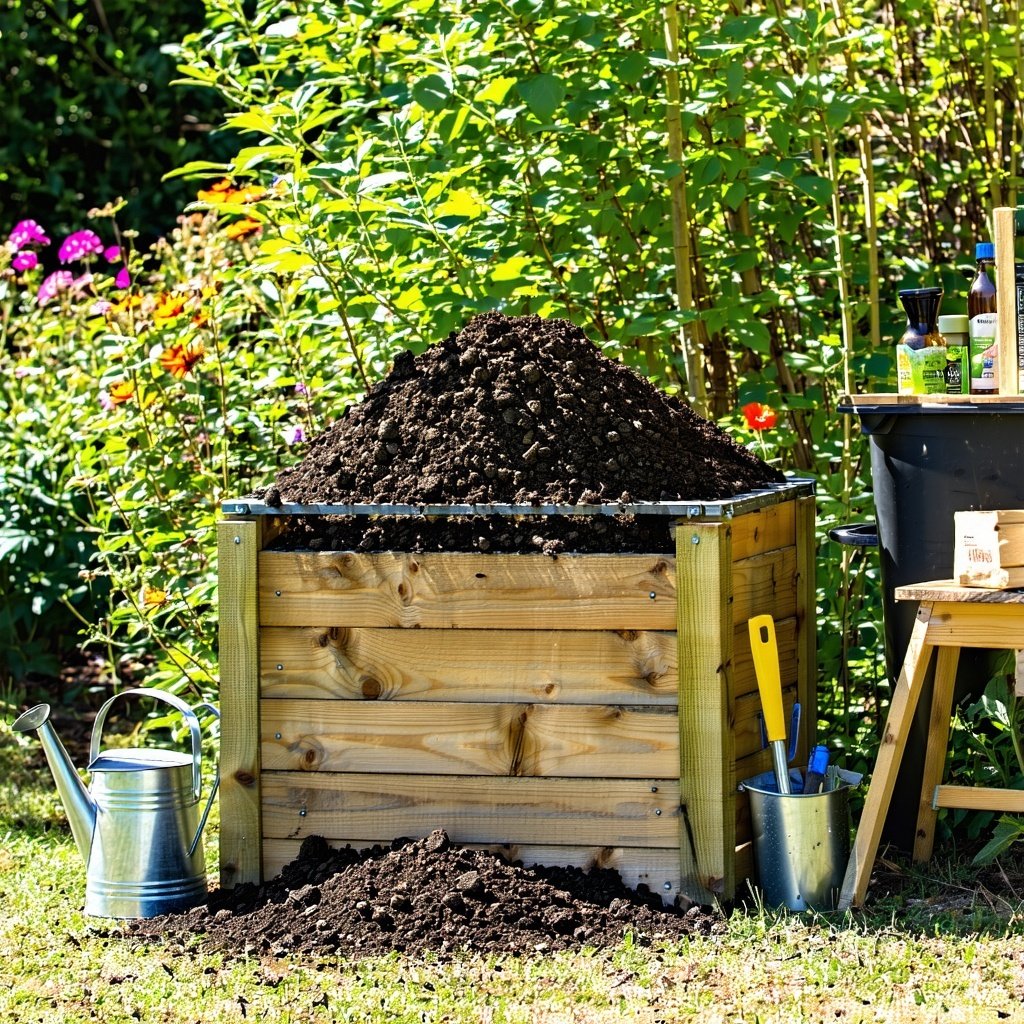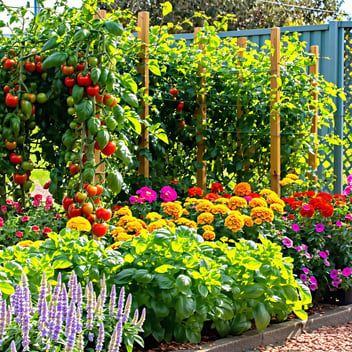Composting Champions: The Role of Soldier Flies in SEQ Gardens
In the pursuit of sustainable gardening practices, composting stands out as a cornerstone technique, transforming organic waste into valuable soil amendments. In South East Queensland, the black soldier fly (Hermetia illucens) has emerged as a formidable ally in this process, offering an efficient and eco-friendly method of composting that aligns with the region's environmental conditions.
Understanding Soldier Flies
Black soldier flies are non-pest insects known for their distinctive appearance and beneficial role in composting. Unlike common houseflies, adult soldier flies do not feed on waste or transmit diseases, making them suitable for garden environments. Their life cycle includes egg, larval, pupal, and adult stages, with the larvae being the primary agents in decomposing organic matter.
Benefits of Soldier Flies in Composting
The larvae of black soldier flies are voracious consumers of organic waste, capable of breaking down a wide range of materials, including food scraps and garden clippings. This rapid decomposition process not only reduces the volume of waste but also minimizes the presence of harmful pathogens, such as Escherichia coli and Salmonella spp., in the compost. The by-product of this process, known as frass, is a nutrient-rich substance that serves as an excellent organic fertilizer, enhancing soil fertility and plant health.
Implementing Soldier Fly Composting in Your Garden
To harness the benefits of soldier fly composting, gardeners can set up a dedicated composting system that attracts and supports the lifecycle of these insects. This involves creating a moist, warm environment with ample organic material for the larvae to consume. Ensuring proper aeration and drainage is crucial to maintain optimal conditions and prevent odor issues.
Integrating Soldier Fly Composting with Other Gardening Practices
Soldier fly composting can complement traditional composting methods, providing a rapid initial breakdown of waste before transferring it to a conventional compost pile for further decomposition. Additionally, the larvae themselves can be harvested as a high-protein feed for poultry or fish, contributing to a closed-loop system within the garden ecosystem.
Challenges and Considerations
While soldier fly composting offers numerous benefits, gardeners should be mindful of potential challenges. Managing moisture levels is essential to prevent unpleasant odors and deter unwanted pests. In SE Queensland, seasonal variations can affect the activity of soldier flies, with warmer months being more conducive to their proliferation. Adjusting composting practices accordingly ensures consistent results throughout the year.
Conclusion
Embracing soldier fly composting presents an opportunity for gardeners in SE Queensland to enhance their sustainability efforts, efficiently manage organic waste, and enrich their soil naturally. By understanding and integrating this method into their gardening practices, individuals contribute to a healthier environment and a more productive garden.




